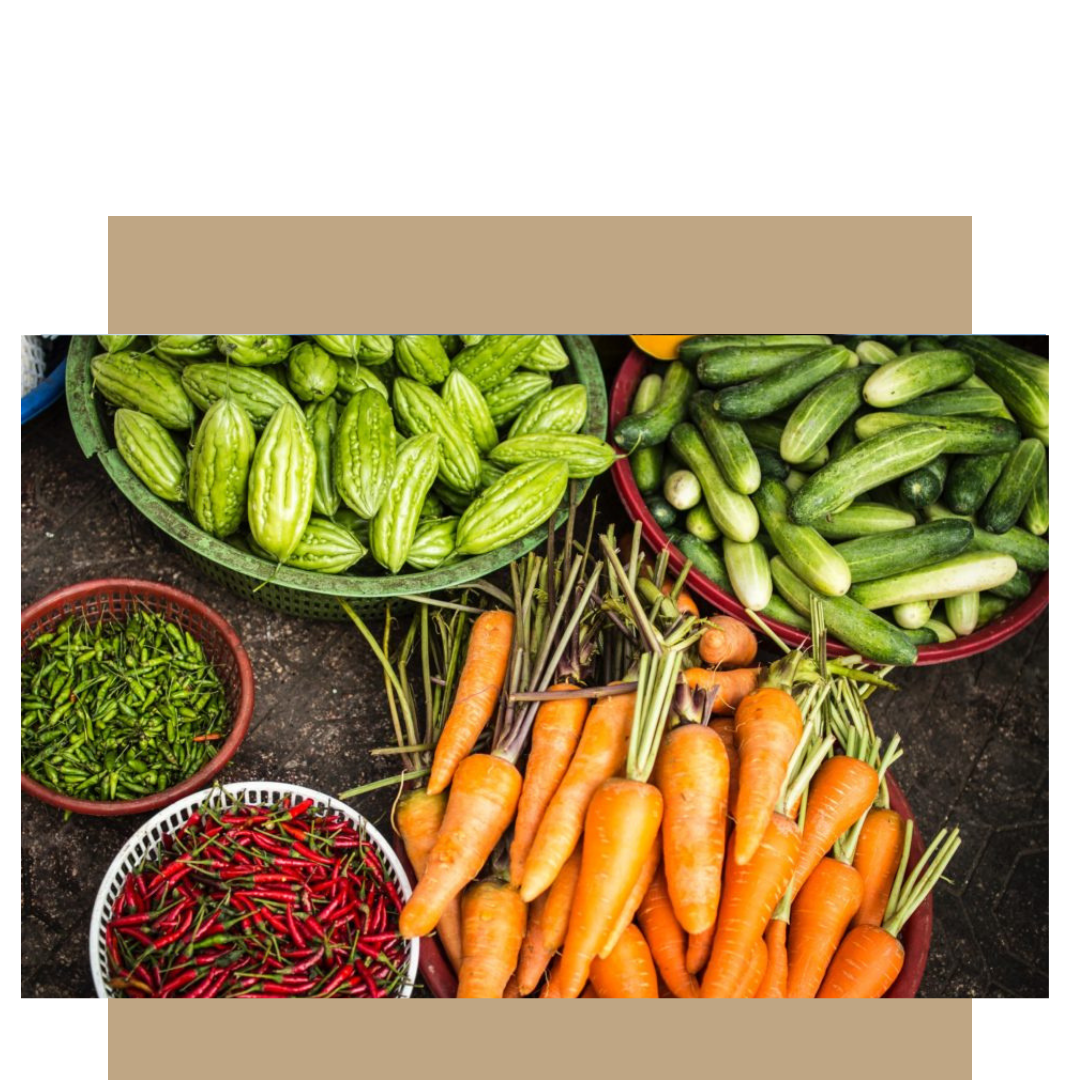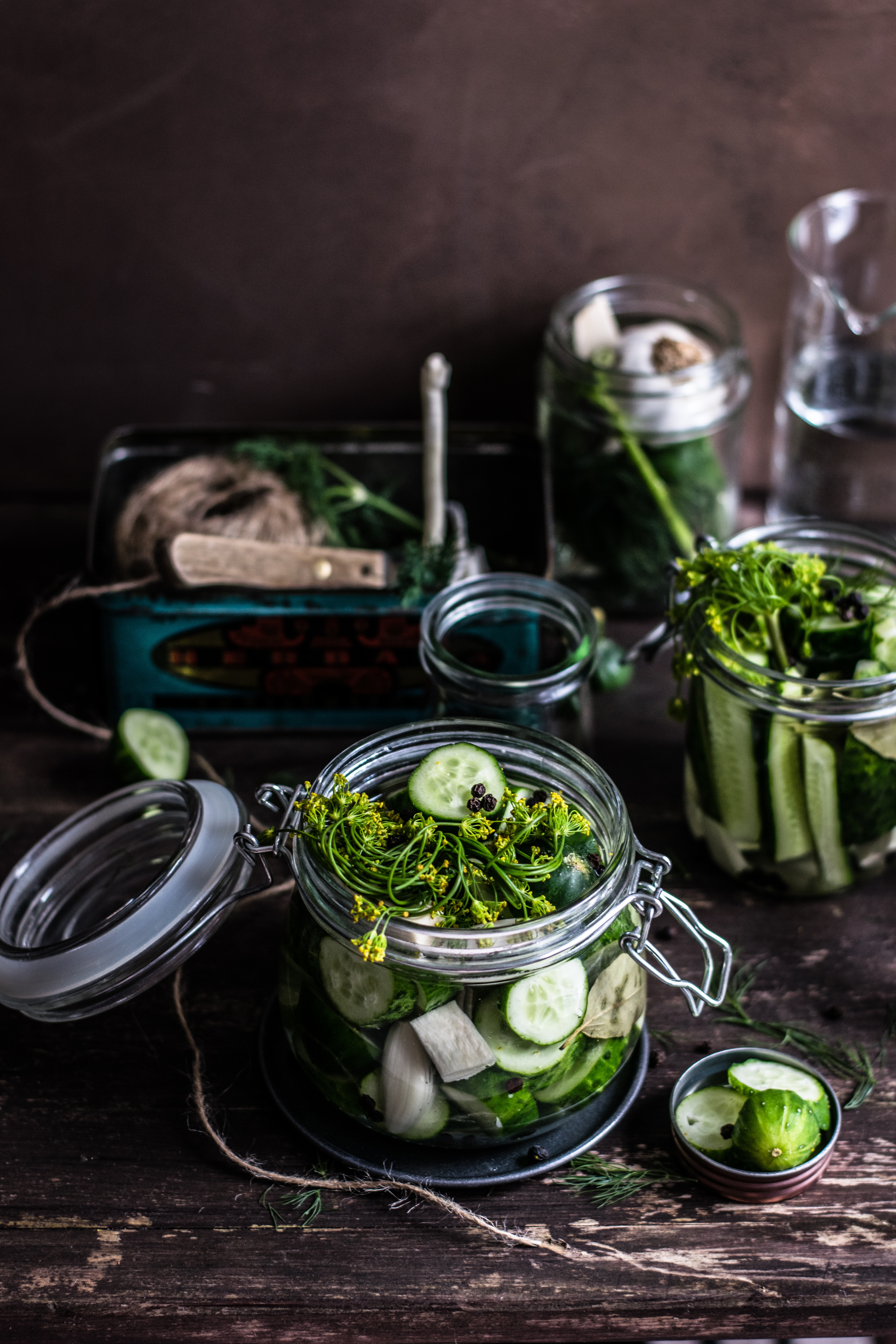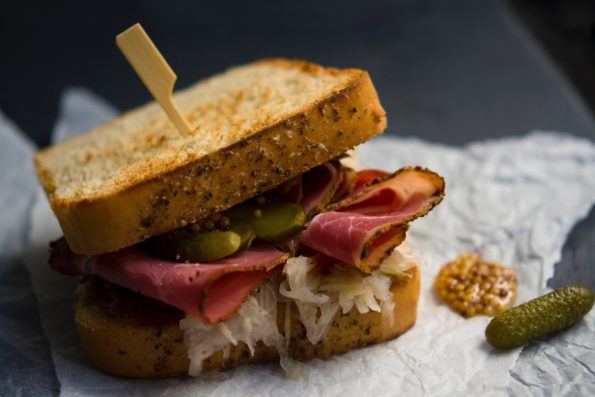If most days you feel sluggish and low, your mind cannot remember everything that it is supposed to and you know deep in your heart (your gut! 80% of your immune system resides there) that you should have much more energy than this – it is time to trust your instincts and start adding fermented foods into your life.
Fermented foods are amazing works of nature, full of probiotics and gut-healing bacteria of the good kind. They also have the power to help heal your gut from any damage that has been done to it. They are affordable, easy to make at home and the variety of beneficial microflora is endless to the extent that you vary your vegetable ferments and cultured milk.
Balancing your gut bacteria can be a challenge sometimes, but finding our optimal health is highly dependent on creating the best atmosphere – to nourish our bodies and to fight disease.
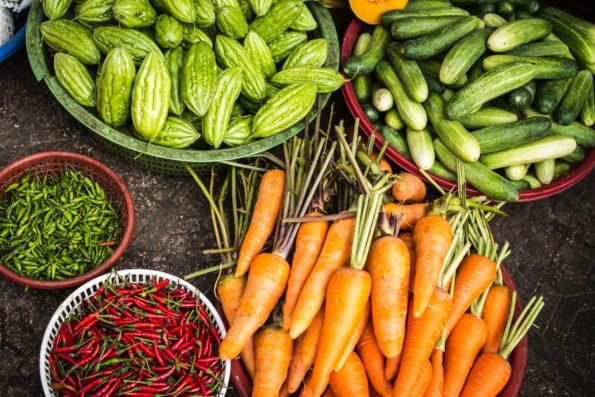
3 Reasons to Start Eating Fermented Foods
One
Absorb more nutrients from your food. With the proper balance of gut bacteria and digestive enzymes, you will be able to absorb more nutrients from the meals that you eat. Soon you can start eliminating supplements and vitamins and simply eat as nature intended.
Two
Probiotics. While some people take a probiotic supplement, know that you can get it from food too. Kefir and Kombucha are both great probiotics to introduce in your digestive system. They can slow or reverse some diseases. They aid digestion and improve your immune system, something we could all benefit from.
Three
Preserve your food for longer. Homemade salsa is amazing, we can all agree on that. Fermented salsa is ultra-amazing. Like with sauerkraut, this process of preserving allows food to last for months, rather than a few days in the fridge.
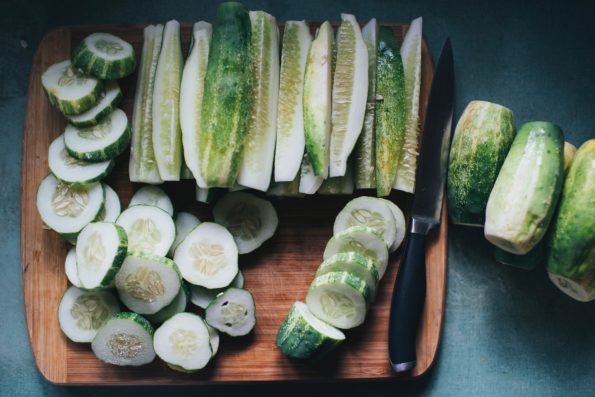
Homemade Fermented Foods
Sauerkraut is a popular one. With just cabbage and salt you can make a powerful side dish and it is possible to mix it up any way you wish. You can add herbs, caraways seeds, a bit of hot pepper. It will taste like no sauerkraut you have ever had before.
Yogurts. If you can make your own yogurt from raw milk, then all the power to you! Careful with buying into the commercial probiotic yogurt brands, as they are most often pasteurized. They can sometimes contain sugar, artificial sweeteners, or food dye. While the intent is good, you are better off making it at home.
Kombucha. A sweetened tea drink, that is a bit effervescent and involves the use of a SCOBY. Never heard of it? Find more Kombucha info here.
Lacto-fermented vegetables. Let wild bacteria take over! Cut your veggies (carrots, turnips, sweet potatoes, beets, onions etc.) thin, add some salt and cover them with water. Let them sit for a few days and enjoy when ready.
Pickles. We all love a good crunch. However store-bought pickles are certainly not fermented. You will run into this time and time again as the food is fast from the farm to the plate. Pickles in a jar, on the shelf, consisting of salt and vinegar. Being pasteurized means they have already lost what is most essential, for the sake of a long shelf life. Good news is that you can make them at home, here is an excellent fermented homemade pickle recipe to try.
Take it Slow
It is important to consume your fermented foods along with protein-rich, and fatty foods. You can achieve this at breakfast, lunch or dinner by adding eggs, nuts, toast, or avocado to your meal. When you are new to eating fermented foods, please do not start out by eating a bowl of it, or the entire jar! It may taste good, and be good for you, but in the beginning, you need to take it slow, even just a couple of tablespoons at a time. For example, if you are eating fermented foods to heal candida, then an excess of probiotics will kill off more than you wish, all at once, leaving you to feel worse than expected.
Above all, eat whatever fermented foods you like, but try to mix them up for the most gut-loving benefits.
What are your favorite fermented foods? How do you get your kids to eat them too? We’d love to know your thoughts!

